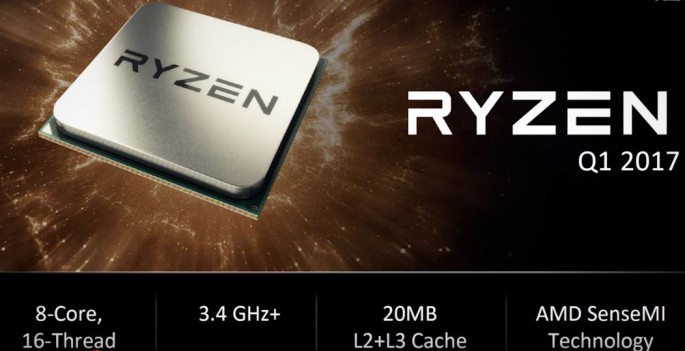AMD Zen, now known as Ryzen, has finally been revealed at the New Horizon show yesterday. Bits of its important features have been highlighted, but its market value remains elusive even up to now.
There have been a great anticipation for the sneak preview of AMD Zen in the previous weeks. Now that it has been officially named as AMD Ryzen, and most of the speculations have been confirmed or otherwise debunked, one important question remains in the background. How much would AMD's next generation processor will cost consumers?
Even before the New Horizon event, various rumors regarding the potential price of AMD Zen have been spotted online. A separate report mentioned that AMD's next-generation architecture will likely be the cheapest alternative to Intel Core i7 6900K that currently has a street price of $1,050, according to PCWorld.
If AMD Zen will directly challenge the dominance of Intel over CPUs, then Ryzen's given standing may be improved if it would be packaged in a much lower price as compared to what Intel offers. PC World then speculates that the 8-core Zen may be priced at $500, which would give Intel "very little maneuvering room" for its counterpart's price.
Moreover, in an alternate scenario presented, if AMD's latest offering will be presented at around $800, Intel may perhaps trim down the price of its own 8-core offering to $900. Thus, suggesting a tight price war for CPU come 2017.
However, such market forecast will likely vary come AMD's release of the product. As of now, the total package of what AMD Ryzen could deliver still remains a secret in its totality. As of now what we have are rumors and speculation on what AMD Zen may offer and how it could be marketed. According to PCGamers, there is a great possibility that the 4C/8T parts will be released under the SR5 brand, with 8C/16T under SR7, and a lower-tier as SR3. And each may have a consumer friendly price to counter Intel's i3/i5/i7 nomenclature.



























